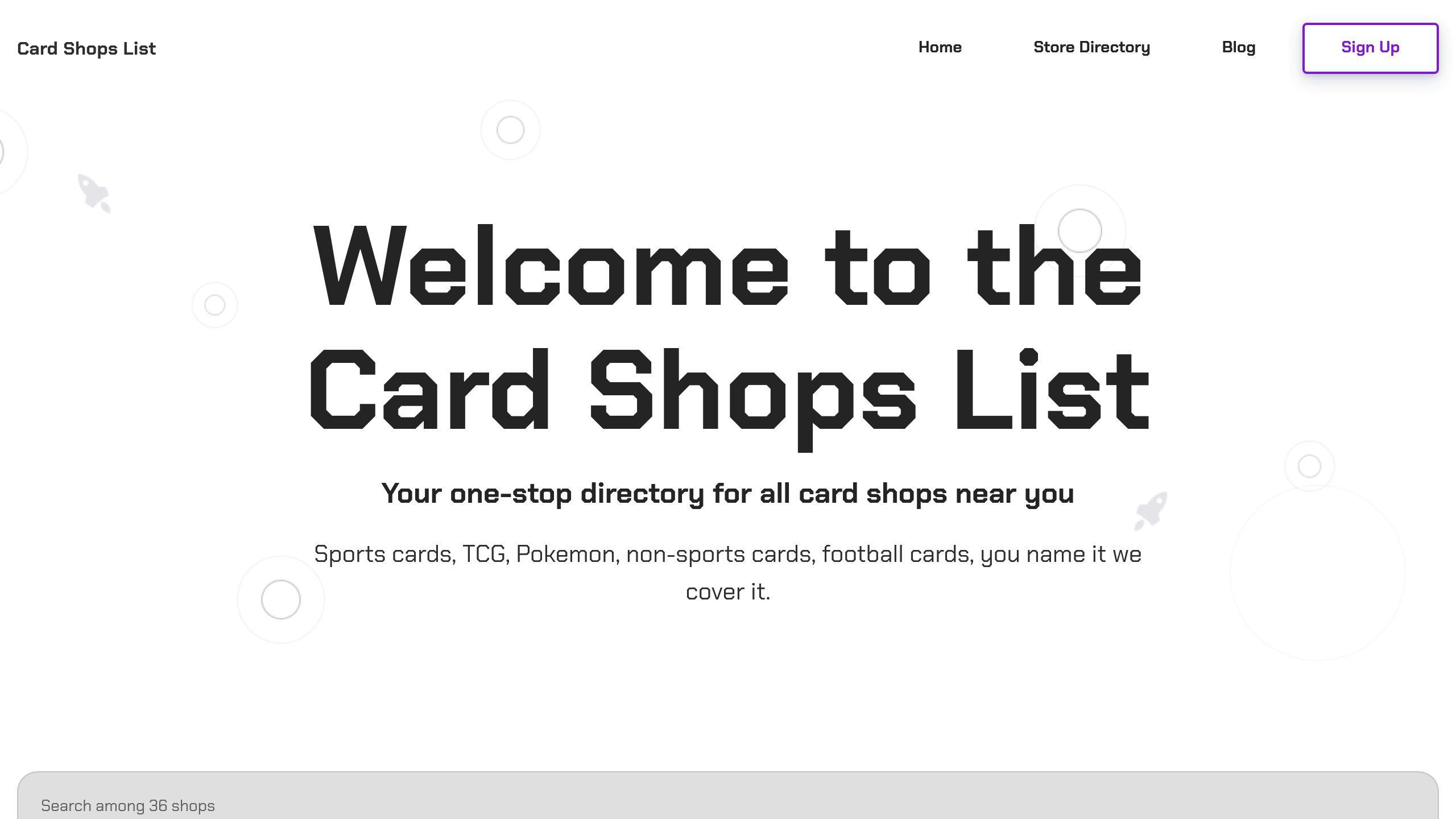Licensed cards are officially approved by leagues or franchises, featuring team logos, official photos, and league trademarks. They are more valuable, widely recognized, and sought after by collectors. Unlicensed cards, created without official permissions, use generic designs, creative artwork, and alternative visuals. They are more affordable but have limited resale potential and appeal to niche collectors.
Key Differences:
- Licensed Cards: Include official branding, higher market value, and strict quality standards.
- Unlicensed Cards: Feature creative designs, lower cost, and greater design freedom.
Quick Comparison:
| Feature | Licensed Cards | Unlicensed Cards |
|---|---|---|
| Branding | Official team logos, trademarks | Generic or altered visuals |
| Market Value | Higher, stable | Lower, variable |
| Design Freedom | Restricted by league rules | More creative flexibility |
| Collector Appeal | Broad demand | Niche audience |
| Price | Higher | More affordable |
The choice depends on your goals: licensed cards are ideal for investment, while unlicensed cards suit budget-conscious or artistic collectors.
Understanding Licensed and Unlicensed Cards
What Are Licensed Cards?
Licensed cards are officially approved by leagues, teams, or franchises. This approval allows manufacturers to include team logos, league trademarks, official statistics, and current season photography on their cards. These products are highly regarded by collectors because they accurately represent the teams or properties they feature and meet strict standards of accuracy and quality.
What Are Unlicensed Cards?
Unlicensed cards are made without formal agreements with leagues, teams, or entertainment properties. Companies like Leaf Trading Cards have found ways to create compelling products despite not having official endorsements [1]. These cards stand out by using creative designs and features, such as:
- Unique photography or artwork
- Autographs and memorabilia
- Generic uniforms or altered team visuals
Without official branding, unlicensed cards appeal to collectors who prioritize artistic or creative elements over traditional branding. This has opened up new opportunities for niche collectors and added variety to the market.
If you're interested in exploring both types of cards, resources like Card Shops List can help you find trusted dealers offering a wide selection. Knowing the differences between licensed and unlicensed cards is key to understanding how they affect value, design, and collector interest.
Main Differences Between Licensed and Unlicensed Cards
Value and Collecting Appeal
Licensed cards typically carry more market value because they come with official recognition, trusted branding, and strict quality standards. These factors attract a larger group of collectors, ensuring their value remains steady over time. The official branding also enhances their visual appeal and makes them more desirable to collectors.
Design Features
The design approach differs greatly between licensed and unlicensed cards. Companies like Panini America and Leaf Trading Cards have developed creative ways to produce attractive products without needing official league endorsements [1].
Licensed cards include official team logos, uniforms, accurate statistics, and league-approved designs, which showcase their legitimacy. On the other hand, unlicensed cards often use artistic interpretations, generic uniforms, and unique finishes to make up for the lack of official branding.
| Feature | Licensed Cards | Unlicensed Cards |
|---|---|---|
| Team Branding | Official logos and marks | Generic or modified designs |
| Photography | Official team photos | Alternative or edited images |
| Design Freedom | Restricted by league rules | Greater creative flexibility |
| Quality Control | League-regulated standards | Varies by manufacturer |
Unlicensed manufacturers have found a niche audience by focusing on creative designs and artistic interpretations. However, the lack of official branding often limits their appeal to a broader market, as many collectors prioritize authenticity and league affiliations over artistic elements.
Demand and Resale Potential
Why Collectors Prefer Licensed Cards
Licensed cards dominate the market because they come with official team logos, player images, and league endorsements. These elements create trust among collectors and make these cards highly sought after. As mentioned earlier, the inclusion of official branding plays a big role in driving demand.
Collectors value licensed cards for their authenticity and strict quality standards. This reputation for reliability makes them the preferred choice in the sports card world. Naturally, this demand also contributes to their strong resale performance.
Resale Value of Licensed vs. Unlicensed Cards
The resale market clearly favors licensed cards. They tend to hold their value better thanks to their broad appeal and established collector base [1]. On the other hand, unlicensed cards often have a narrower audience, which limits their resale potential.
For those looking at cards as an investment, licensed options are generally more stable. Unlicensed cards, while more affordable, appeal mainly to casual collectors.
| Aspect | Licensed Cards | Unlicensed Cards |
|---|---|---|
| Collector Appeal | High demand, stable investment | Limited demand, variable returns |
| Price Range | Higher prices | More budget-friendly |
| Authentication | Easy to verify | Harder to verify |
If you're aiming to maximize investment returns, local card shops can be a great resource. These shops often provide professional grading and authentication services, which can significantly influence a card's resale value. Using tools like Card Shops List, collectors can find trusted dealers who specialize in both licensed and unlicensed cards, offering expert advice on potential purchases.
Knowing the demand and resale potential can help collectors make smarter buying decisions, especially when weighing budget considerations against long-term value.
Licensed vs. Unlicensed Sports Cards: How They Affect the Market
sbb-itb-0db97a5
Tips for Collectors Choosing Between Card Types
Deciding between licensed and unlicensed cards can feel overwhelming, but these tips can help you make smarter choices.
Define Your Collecting Goals
Start by figuring out what you want from your collection. Are you collecting for fun, focusing on a specific theme, or looking for long-term investment opportunities? If you're investing, licensed cards tend to hold their value better and often fetch higher resale prices. For beginners, trying a mix of both types can help you find what suits your style.
Keep your budget in mind. Licensed cards usually cost more upfront, while unlicensed cards are a more affordable way to get started.
Once your goals are set, it’s important to focus on the quality and authenticity of the cards you’re buying.
Evaluate Quality and Authenticity
The way you assess quality depends on the type of card. For licensed cards, look for official holograms, sharp printing, sturdy card stock, and proper packaging. With unlicensed cards, pay attention to consistent printing, durable materials, the publisher’s reputation, and whether the edition is numbered.
To avoid scams or low-quality cards, it’s crucial to buy from reliable sources.
Locate Trusted Shops with Card Shops List

Finding reputable dealers is essential for building a collection you can be proud of. The Card Shops List is a great tool for discovering trusted stores that specialize in both licensed and unlicensed cards. These shops often provide expert authentication and can help you understand the market value of your purchases.
| Consideration | Licensed Cards | Unlicensed Cards | Where to Look |
|---|---|---|---|
| Investment Focus | Professional grading suggested | Basic condition checks enough | Specialty card shops |
| Casual Collecting | Prioritize official releases | Focus on unique designs | Local hobby stores |
| Authentication | Hologram verification required | Research the publisher | Professional dealers |
| Budget Range | Higher upfront cost | Lower-cost entry point | Online marketplaces |
Ultimately, successful collecting is about aligning your goals with informed choices. Whether you choose licensed or unlicensed cards, working with reputable shops ensures you’re making solid decisions for your collection.
Comparison Chart: Licensed vs. Unlicensed Cards
Here's a side-by-side look at the differences between licensed and unlicensed cards to help collectors make smarter choices:
| Feature | Licensed Cards | Unlicensed Cards |
|---|---|---|
| Official Branding | Includes team logos and official visuals | Generic designs without official logos or visuals |
| Production Quality | Consistent quality with premium materials | Quality varies depending on the manufacturer |
| Authentication | Features league-approved security measures | Limited options for verification |
| Market Recognition | Well-known and widely accepted | Less recognition in collector circles |
| Distribution | Available through major retailers and authorized dealers | Mostly sold online or through niche retailers |
| Value Potential | Good potential for long-term value growth | Lower investment potential, more budget-friendly |
| Design Flexibility | Limited by licensing rules | Offers creative freedom for unique themes and designs |
| Availability | Regulated, limited print runs | Availability depends on the manufacturer |
This chart highlights the trade-offs between the two types of cards. Licensed cards bring authenticity and strong market recognition but often come with higher prices. Unlicensed cards, on the other hand, are more accessible and allow for unique designs but may lack long-term value.
No matter your preference, buying from trusted dealers is key. Resources like Card Shops List can connect you with verified shops specializing in both types, ensuring you get authentic products and expert advice.
Summary of Key Points
Licensed cards come with official branding, strict quality checks, and league-approved security features. These cards prominently display team logos, player images, and official graphics, making them easily identifiable within the collecting world.
Unlicensed cards, on the other hand, lack official endorsements but often attract a niche audience. They stand out with their creative designs and affordability, appealing to collectors focused on specific players rather than team branding [1].
Licensed cards dominate the market due to their strong recognition and resale value. Meanwhile, unlicensed cards find their place among niche collectors who appreciate their lower cost and distinctive look. For those looking to buy, Card Shops List can help locate dealers offering both types, along with extra services like grading and trading.
The choice between licensed and unlicensed cards depends on your collecting goals:
- Licensed cards are ideal for investors prioritizing long-term value.
- Unlicensed cards are great for collectors looking for unique designs or building player-focused collections on a budget.
Authentication and quality assessment are critical. Licensed cards come with built-in security features and consistent quality control. With unlicensed cards, collectors need to pay close attention to manufacturing quality and authenticity.
Rarity also plays a big role in value for both types. Limited editions or cards featuring popular players can hold significant appeal, showing that licensing isn’t the only factor influencing long-term value [1].
Understanding these differences helps collectors make smarter choices, though questions about licensing often come up.
FAQs
Collectors often have questions about licensed and unlicensed cards. Here are clear answers to the most common ones:
What is the difference between licensed and unlicensed cards?
Licensed cards include official team logos and trademarks, while unlicensed cards highlight individual athletes without team or league branding. This difference influences collector interest and market value in unique ways [1].
How does licensing affect card value?
Licensed cards tend to be more valuable because of their official endorsements, team branding, and consistent quality standards. These features make them appealing to serious collectors and investors.
Where can collectors find reputable card dealers?
Check out Card Shops List for verified shops that offer grading, authentication, and trading services for both licensed and unlicensed cards. These dealers provide expertise and help ensure authenticity for your collection.
How can collectors verify card authenticity?
Licensed cards often include holograms, serial numbers, and league trademarks. For unlicensed cards, focus on details like print quality, material consistency, and the reputation of the manufacturer. Refer to earlier sections for more tips on evaluating card authenticity.
Knowing these distinctions and resources helps collectors make smarter choices, whether they're interested in licensed or unlicensed cards.


